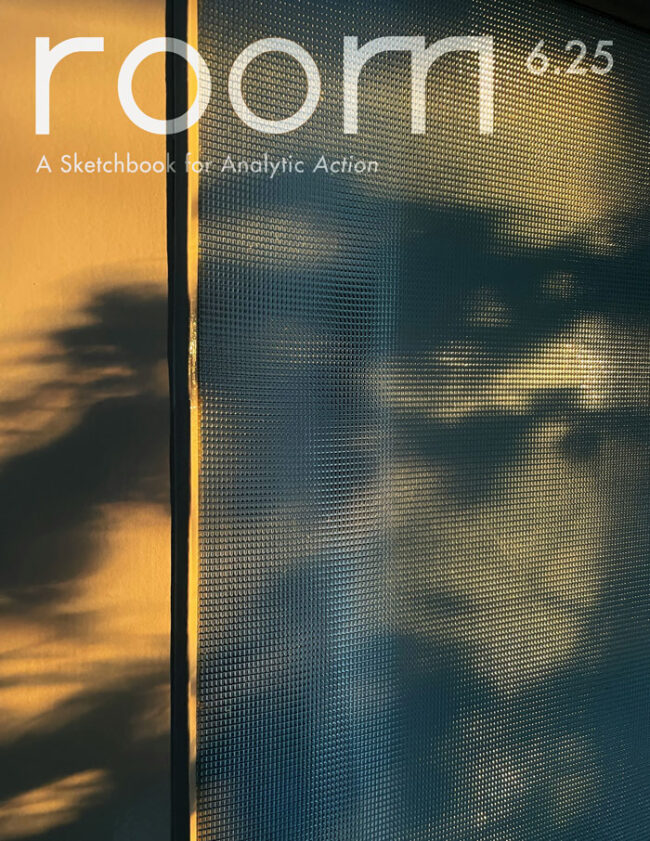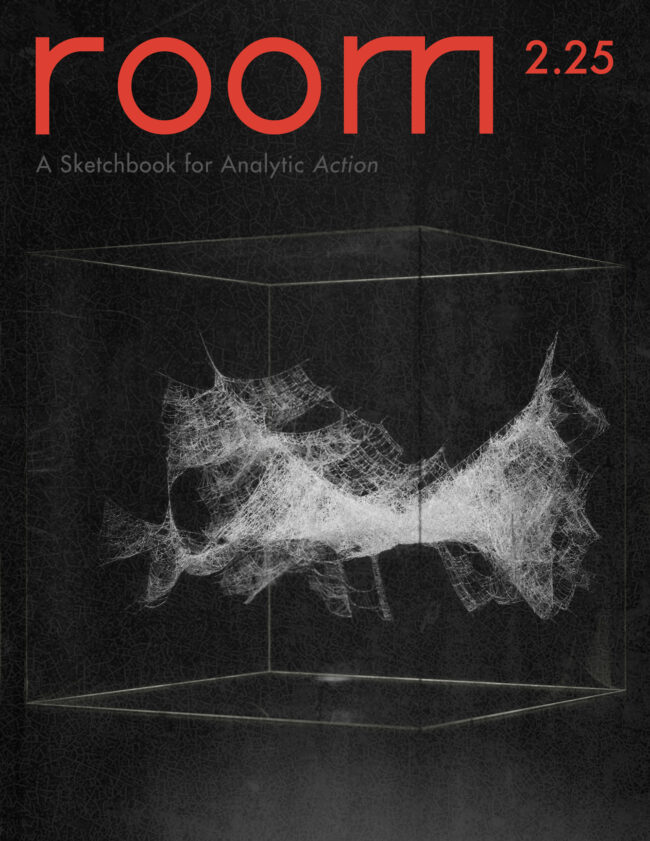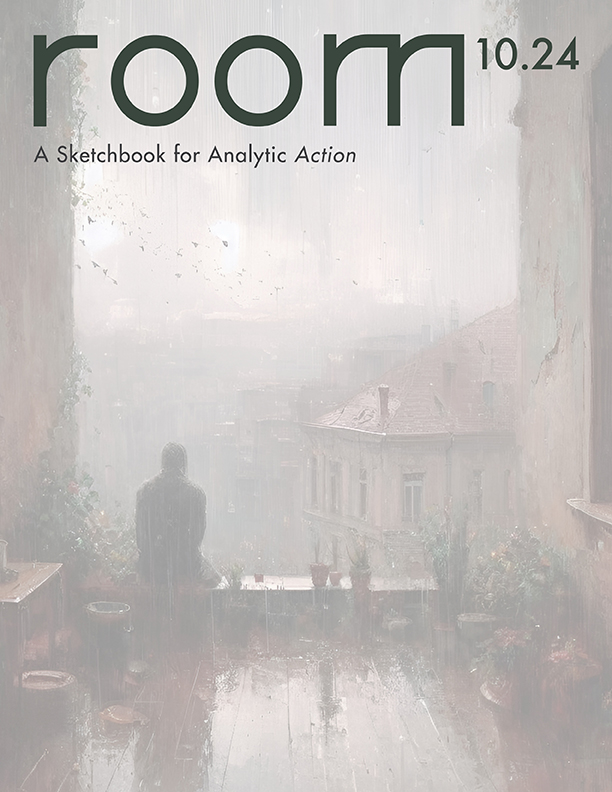The Writing on the Wall by Hattie Myers
Each of the writers in ROOM 6.25 has captured, in their own way, something of this extraordinary moment we are all living through. This is not easy. In his essay Why I Write, Thomas Ogden explains why. “Part of the difficulty of writing well lies in the fact that writing any sort of analytic essay, literary essay, poetry, fiction is autobiographical,” Ogden writes; “I must find a way of capturing a situation in my own way, a way that bears my own mark.” This unique issue of ROOM bears the mark of multitudes and holds the scars of generations.






